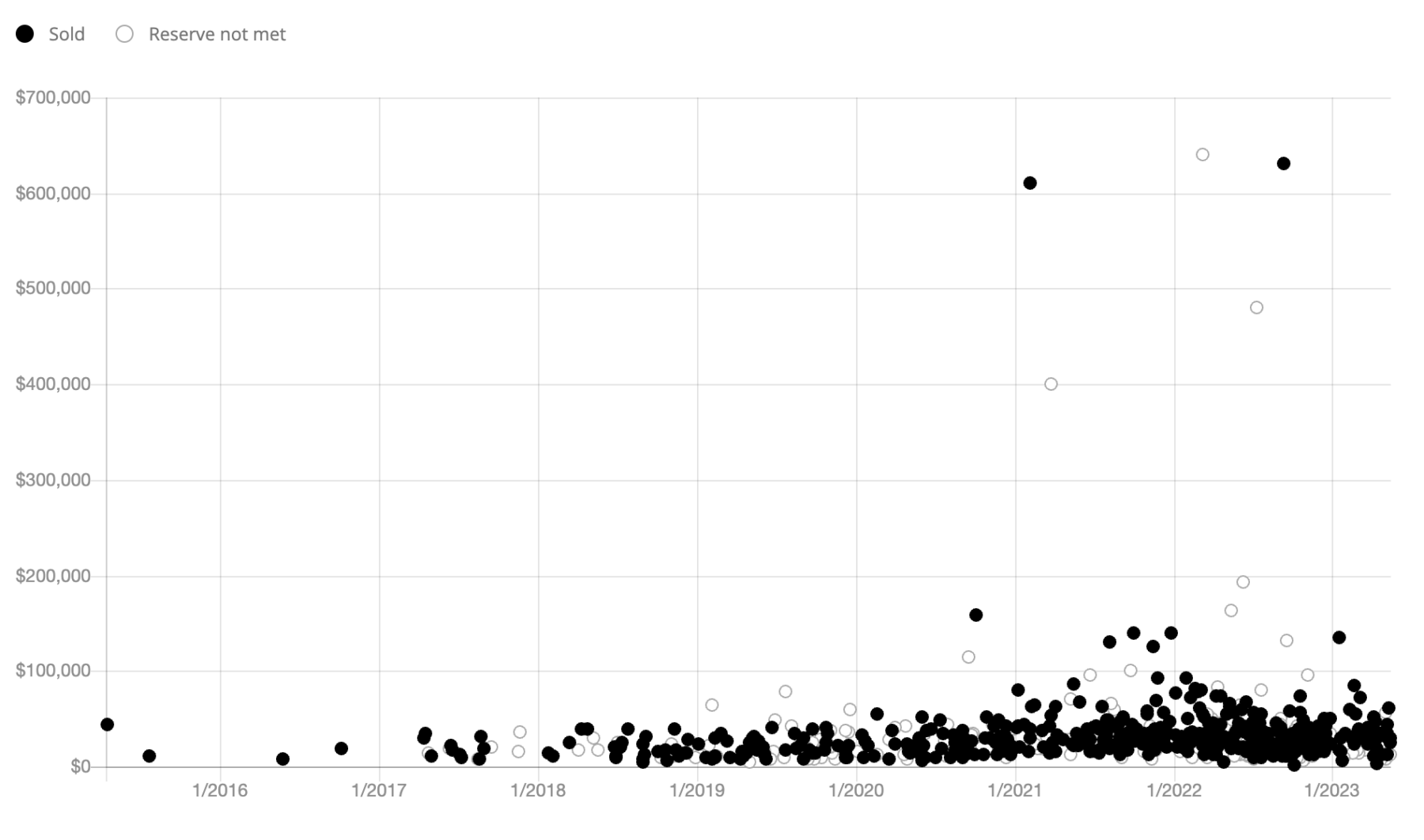It is well known to economists that a rational decision-maker will not include sunk costs in his decisions. Since sunk costs are unrecoverable by definition, they are have nothing to do with decisions made now for the future. Only future costs are recoverable: you simply have not to incur them. Some people do not seem to understand that.
In a report on Apple’s imminent and risky launch of “mixed reality” googles, the Wall Street Journal tells us (“Apple Is Breaking Its Own Rules With a New Headset,” May 12, 2023—my underlines):
Executives and tech analysts say Apple isn’t waiting longer because it would take too much time to make its ideal version, competitors are already in the market and the company has already devoted a lot of capital and resources into developing the headset.
What the company has already spent in development costs should not weigh in whether it launches the product now or later or never. Previous development money is sunk and not revoverable whatever decision is made now. Given the direction of the arrow of time, one makes decisions to change the future, not to change the past (except if you work for the Ministry of Truth, but even then you can only change the past as perceived and starting from today).
Suppose that you have invested $500 dollars in some project that is not producing and unlikely to produce any return, but that investing a supplementary $10 in the project will very likely bring a net profit of $5. The $10 will thus bring a return of 50%, notwithstanding that the accounting return on the total investment will be less than 1% ($5 / $510). Of course, you should invest the $10, except if you are an extreme risk-averter or you know another investment that will bring a return of more than 50% with near certainty. When you make the decision now, only the 50% return on $10 will guide your decision, not the return of less than 1%. Indeed, if the return on the $10 were forcasted to be 2% (20¢), a rational decision-maker would probably decline to invest as there are likely better returns available on the market or elsewhere within the company. Cut your loss or, as the saying goes, don’t throw good money after bad money. Losing more money, or not making as much as you could, does not reduce costs already sunk.
The rule applies to other types of costs and returns too. If you have spent one year creating a Frankenstein monster because (say) you needed a hunting buddy, and you discover that your creature is now likely to kill you instead, it would be bad thinking to factor in the solution the fact of “all the time I spent bringing him to life!” That time is gone forever and you won’t get it back. Regrets don’t change the past. Good decisions aim at the future.
When Apple releases its product, the company will obviously think that it will profitable even if, as the WSJ reports makes clear, fixes will have to be found and further development to be financed. But the project’s sunk costs at any point in time don’t influence the company’s decision to continue or not pouring money into it. If any new investment in the project is ever estimated to have no prospect of future satisfactory return, investment will stop whether “a lot” or not of sunk costs have gone into it.
Why would the WSJ reporters write the sentence quoted above? I can think of four possibilities. (1) The “executives and tech analysts” consulted by the reporters are a representative sample of all executive and tech analysts, which implies that no executives or tech analysts understand sunk costs. This is very unlikely, for an executive or perhaps even a tech analyst who does not understand that would not long survive, or have survived, in competitive markets. (2) There are some executives or tech analysts who do understand sunk costs, but the reporters missed them or ignored their opinions. (3) The reporters themselves or their editor don’t clearly understand sunk costs. (4) It is just sloppy writing.
I don’t know which one, or which combination, of hypotheses #2, #3, or #4 is true, but whichever it is exposes a failure in providing the information that most of the WSJ readers pay for. It is not because most of the other medias are economically illiterate that the WSJ is justified to follow them. In my opinion, this newspaper is one of the top sources of reliable information in the world—which is why I read it regularly and thus find more occasions to criticize it (while I don’t often read Breitbart, the Chronicle of Higher Education, or the Backwoodsman). But I hope these occasions would be less frequent.















